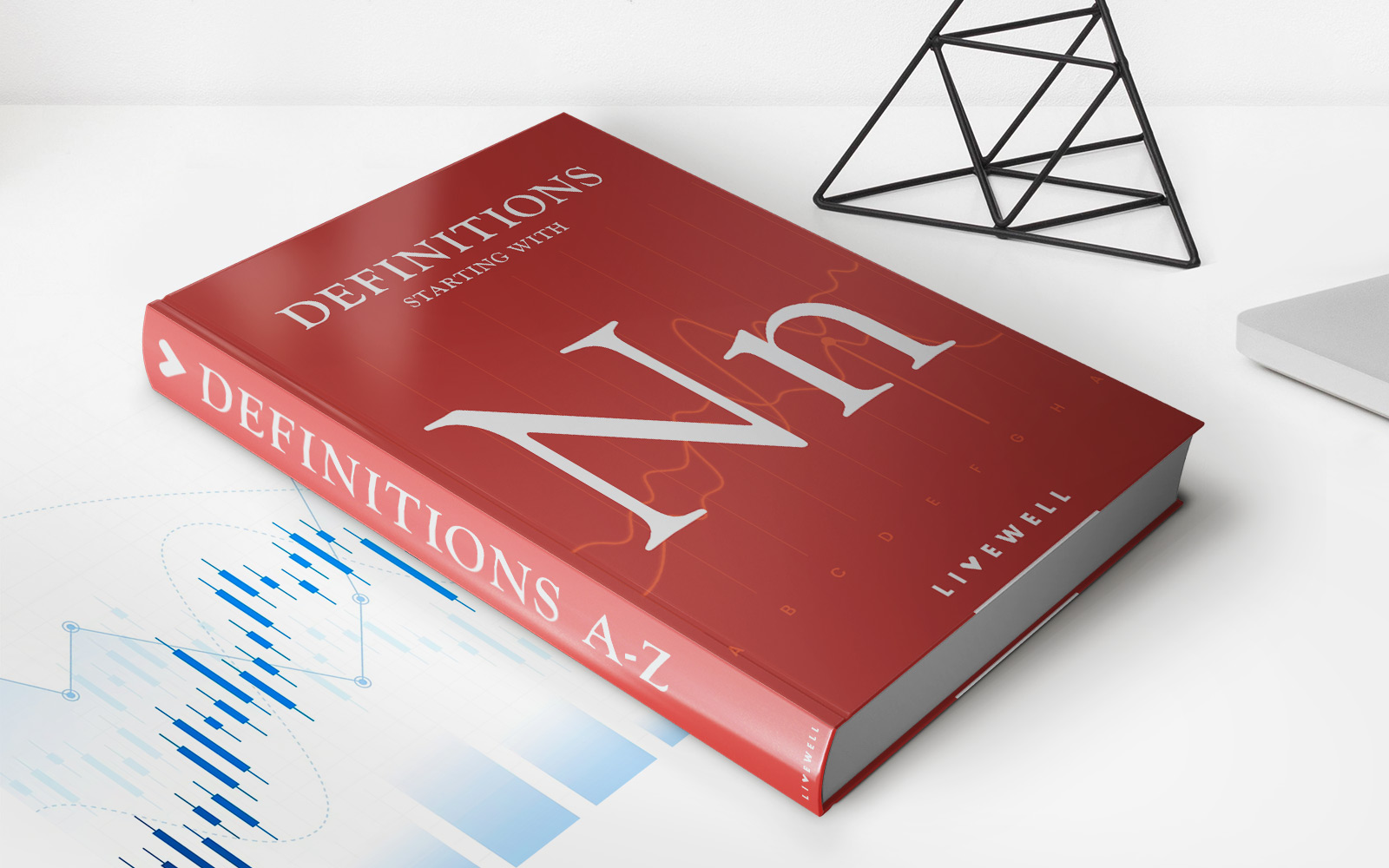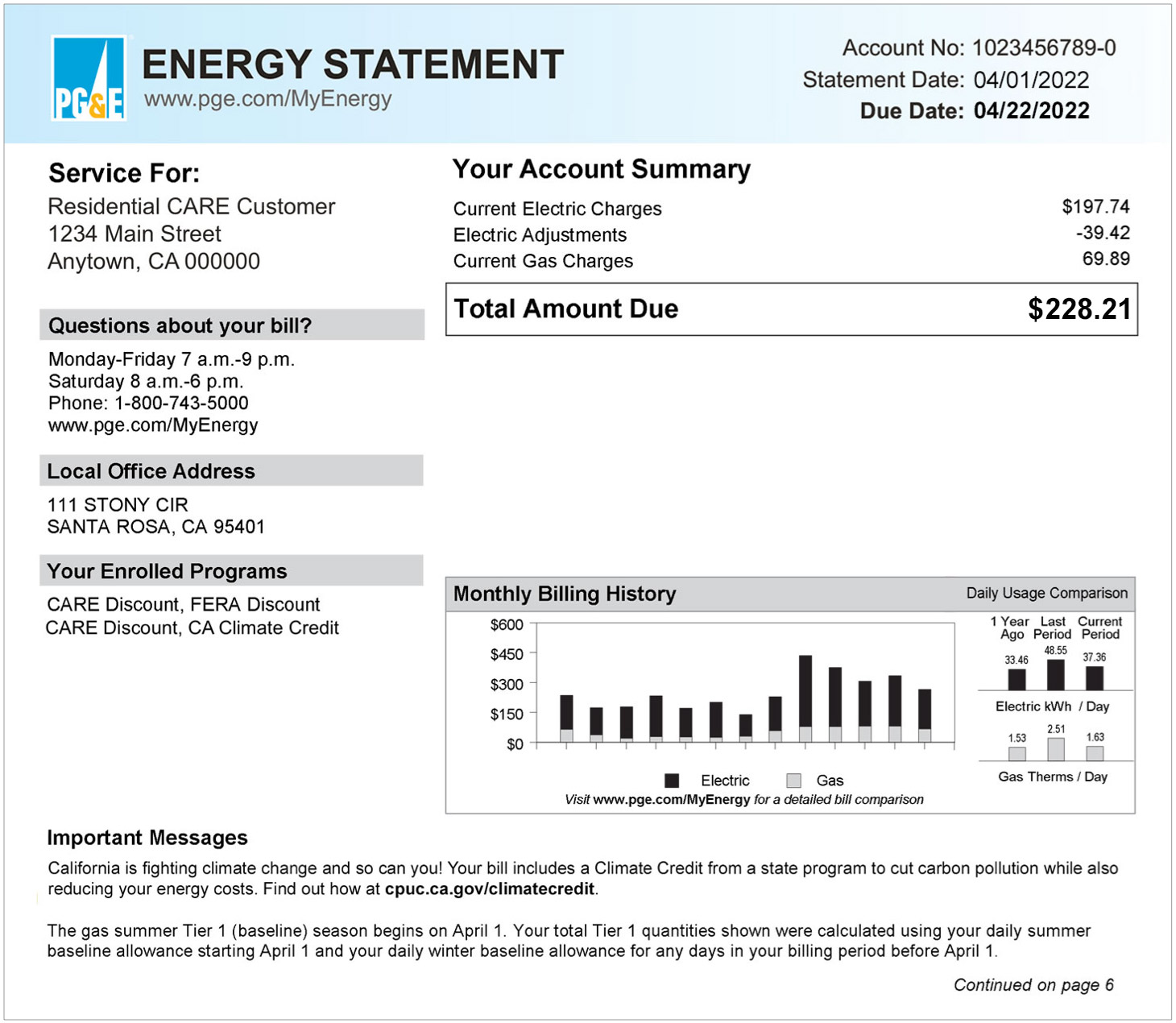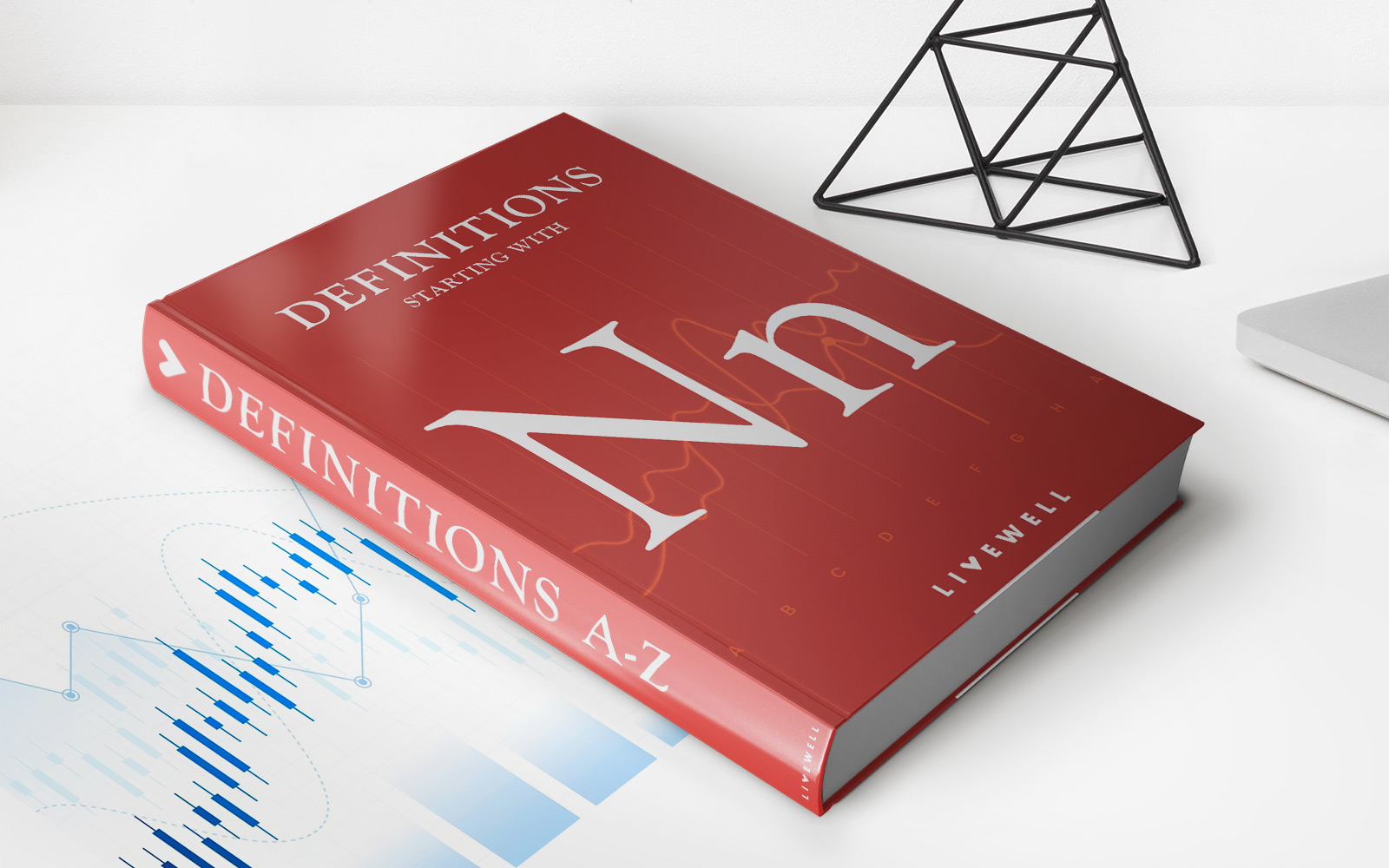Home>Finance>The Greatest Generation: Definition And Characteristics


Finance
The Greatest Generation: Definition And Characteristics
Published: December 3, 2023
Discover the defining characteristics of the Greatest Generation and how their values can be applied to the world of finance today. Explore their resilience, work ethic, and financial principles to gain insights for success in the finance industry.
(Many of the links in this article redirect to a specific reviewed product. Your purchase of these products through affiliate links helps to generate commission for LiveWell, at no extra cost. Learn more)
Defining the Greatest Generation
When we think of the term “The Greatest Generation,” we often associate it with individuals who were born between 1901 and 1927. This generation lived through significant historical events, including both World Wars, the Great Depression, and the rapid advancement of technology. But what makes them truly remarkable? In this article, we will explore the definition and characteristics of The Greatest Generation.
Key Takeaways
- The Greatest Generation refers to individuals born between 1901 and 1927.
- They are known for their resilience, work ethic, and commitment to advancing society.
Characteristics of The Greatest Generation
1. Resilience and Perseverance:
The Greatest Generation lived through some of the most challenging times in history. They experienced the economic hardships of the Great Depression, witnessed the horrors of World War II, and yet, they persevered. The resilience they showed in the face of adversity is a defining characteristic of this generation.
2. Strong Work Ethic:
The Greatest Generation was brought up with a strong emphasis on hard work and dedication. They understood the value of a good day’s work and took pride in providing for their families. This work ethic translated into their commitment to rebuilding society after the war, contributing to the economic boom that followed.
3. Commitment to Advancement:
Despite facing significant challenges, The Greatest Generation remained committed to making progress and advancing society. They witnessed incredible technological advancements, including the advent of electricity, the rise of the automobile, and the early stages of space exploration.
4. Patriotism:
The Greatest Generation had a deep sense of patriotism and duty to their country. They answered the call to serve during World War II, with many enlisting in the military or supporting the war effort on the home front. Their sacrifices and dedication played a crucial role in shaping the world as we know it today.
5. Strong Family Values:
The values of family and community were of utmost importance to The Greatest Generation. They placed a high emphasis on strong familial bonds, providing support and stability for their loved ones. This focus on family values, along with their post-war prosperity, laid the foundation for creating a stable and prosperous society.
In Conclusion
The Greatest Generation is defined by their resilience, work ethic, commitment to advancement, patriotism, and strong family values. They are an inspiring group of individuals who lived through extraordinary times and left a lasting impact on society. We should remember and honor their legacy, appreciating the sacrifices they made and the contributions they have given to future generations.














